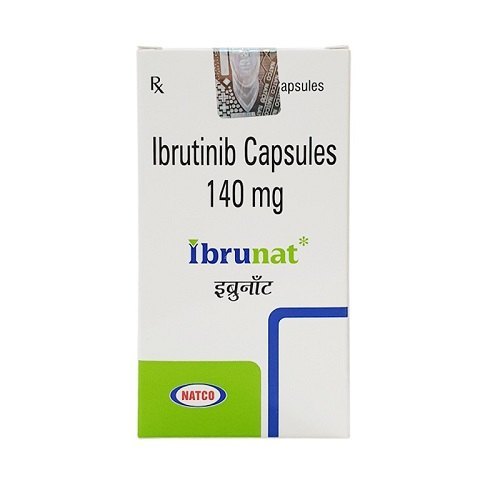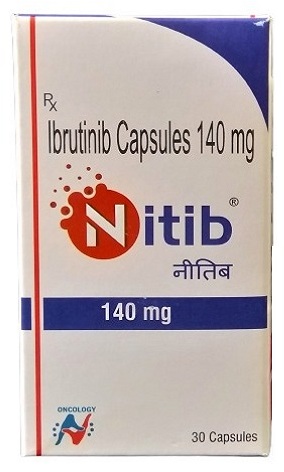Types of Blood Cancer – Leukemia & Lymphoma

Blood cancer is a serious medical condition that affects the red blood cells and the bone marrow. The launch of blood cancer will change the normal functioning of these cells and affect the human body. There are three versions of the blood cells, platelets help in the proper clotting of blood at the time of the injuries, white blood cells help in the infection preventives, and finally, the red blood cells help take the oxygen to the tissues of the body. So once the versions of these blood cells get injured and do not work the way they should be working, it has a serious implication for the body. The use of ibrutinib is recommended for treating blood cancer.
Analyzing the types of blood cancer
The two main versions of blood cancer are:
- Leukemia
- Lymphoma
Leukemia
Individuals facing this condition produce many white blood cells. However, the extra cells that have been created do not serve the purpose of fighting infections. So based on the type of blood cells that get affected, the following are the versions of Leukemia:
- Acute Lymphocytic Leukemia: Here, the lymphocytes serve as the starting point for this version of Leukemia. Here, the disease progresses can be too quick if the right treatment is not received at proper time.
- Acute Myeloid Leukemia: Here, the starting point is the myeloid cells that usually grow into other functioning cells like red blood cells or platelets. However, this version of Leukemia will reduce all the blood cells of the body. It is a quickly growing version of Leukemia.
- Chronic Lymphocytic Leukemia: It is one of the commonly seen Leukemia versions among adults. It is slow growth, and the body will show no major symptoms in the initial years until they get older.
Lymphoma
 It is a version of cancer that mainly affects the body’s lymphatic system. The lymph system is a major network containing lymph nodes and the spleen. Here the starting point for this type of cancer is in the white blood cells, whose main function is to prevent the onset of infections in the body. The different versions of Lymphoma are:
It is a version of cancer that mainly affects the body’s lymphatic system. The lymph system is a major network containing lymph nodes and the spleen. Here the starting point for this type of cancer is in the white blood cells, whose main function is to prevent the onset of infections in the body. The different versions of Lymphoma are:
- Hodgkin’s Lymphoma: Here, the starting point of the cancer is in the B cells. These B cells are also called B lymphocytes. These are the cells that help the body create the proteins that will be helpful for the body to keep off infections and fight the foreign germs that enter the body. So people experiencing this cancer were observed to have large lymphocytic cells in the body.
- Non-Hodgkin’s Lymphoma: Here, cancer can start in the B cells or the T cells. It is more common in individuals than Hodgkin’s s leukoma.
It is often seen that individuals who have a weaker type of immune system are more vulnerable to exposure to Lymphoma. People aged 15-30 and more than 50 were observed to get exposed to this cancer.
Treatment methods for the blood cancer
- Chemotherapy: It is one of the main treatments of cancer.
- Radiation therapy: Use targeted X-rays or other high-energy beams to destroy the leukemia cells.
- Use of nitib 140 mg for the treatment of blood cancer
- Use of bone marrow transplant which is observed as an attempt to re-launch the healthy version of the stem cells and the replacement of the unhealthy versions of the bone marrow
- Clinical trials help in discovering new types of treatment for fighting cancer.


 Anti Cancer Drugs
Anti Cancer Drugs Hepatitis C
Hepatitis C Meds for HIV
Meds for HIV Ayurvedic Medicine
Ayurvedic Medicine Transplant Medicine
Transplant Medicine Respiratory System
Respiratory System +91-9999064250 / 9811604424 / 9811604444
+91-9999064250 / 9811604424 / 9811604444
 8(800)100-47-90
8(800)100-47-90


